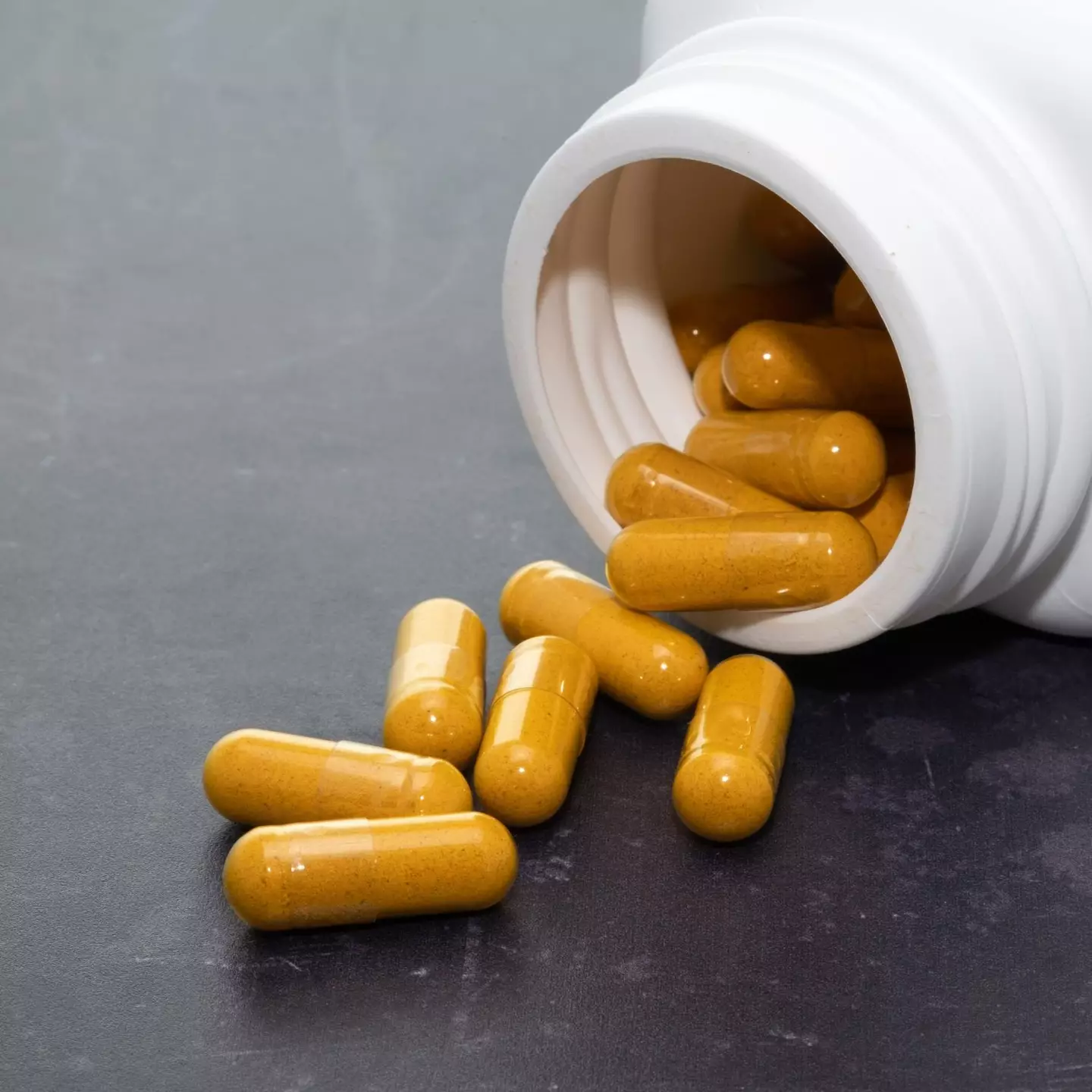
Medical experts have weighed in with a dire warning after a woman was left ‘one step from liver failure’ due to religiously consuming a popular supplement.
If you’re failing to get enough vitamins and minerals through your diet, or have other nutritional gaps, then supplements could be an efficient way to support your health.
But these pills, including cod liver oil and various probiotics, are not without their risks. They’re not classed as medicines, and doctors should be consulted before taking, cautioned the National Institutes of Health.
Further proving you should be wary about your supplement intake, scientists have found that a jaw-dropping 20 percent of drug-induced liver injury in the US is related to herbal and dietary supplements.
Advert
On top of liver issues, some supplement users have complained of side effects including nausea, headaches, and even heart issues.

Others have said they’ve suffered from elevated blood pressure, racing or irregular heartbeats, and abdominal pain.
A New Jersey woman named Katie Mohan, 57, was one of the thousands of US citizens taking turmeric supplements, designed to ease inflammatory conditions such as arthritis and other joint disorders, as per Johns Hopkins Medicine expert Mary-Eve Brown.
Within weeks of taking turmeric tablets, she began to suffer from fatigue. She was feeling sick too, and noticed her eyes were turning yellow.
It wouldn’t be until months later that the penny dropped for Mohan: her raging health issues were linked to the pills, which she admitted she’d begun taking because of their promotion via social media.

Upon her eventual arrival at the emergency room, doctors informed the US woman that her liver enzyme levels were 60 times the normal limit.
Mohan had to stay in the hospital for six days, where she was informed she’d basically poisoned her liver because she was ingesting a jaw-dropping four times the daily recommended amount.
People are being warned off supplementary ‘megadosing’ by Marwan Ghabril, a hepatologist and professor of medicine at Indiana University School of Medicine
Speaking to National Geographic, he said: “While things like simple vitamins and minerals are generally okay, with some points of caution [niacin can be hepatotoxic in high doses], I would generally avoid anything with herbal or botanical ingredients.”
“The evidence is clear that herbal and dietary supplements can cause liver injury just like prescription drugs can,” the expert continued.

“There is a clear unmet need for our population's well-being and safety when it comes to their marketing and use.”
Dariush Mozaffarian, a cardiologist and dean of the Tufts Friedman School of Nutrition Science and Policy, has also explained that ‘higher’ supplement dosage does not ‘necessarily mean better’.
Because, like in the case of Mohan, too much of something can seriously interfere with the body’s processes.
If you still want to add supplements like turmeric to your daily routine, purchase your tablets from a reputable provider that's been tested by a third party, scientists have urged.
You should also check out exactly how much the recommended dose is, and whether your chosen pills are going to interfere with one another.
